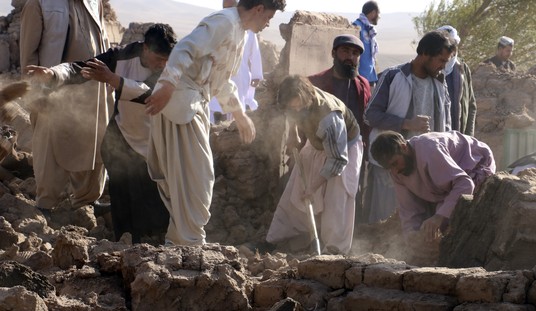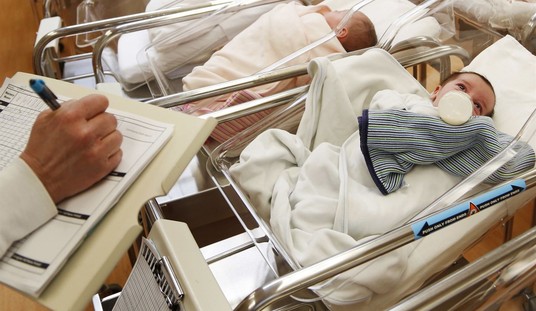If it seems like you’ve been noticing an increasing number of news items about railroad derailments and accidents lately, it’s because you have; because of our own shale oil-and-gas boom combined with the development of Canada’s oil sands, minus the requisite shipping infrastructure to transport all of it, rail traffic has exploded as a means of shipping these energy products to the nation’s refineries.
Federal investigators say a freight train that crashed outside Pittsburgh last week and spilled thousands of gallons of crude oil was carrying heavy Canadian crude, marking the first U.S. rail spill of the controversial oil at the center of the Keystone pipeline debate.
A 120-car Norfolk Southern train derailed on a curve in Vandergrift, Pa., at 8 a.m. Feb. 13 and crashed into a building. Twenty-one cars left the track and spilled from 3,500 to 12,000 gallons of the tar-like crude. About 75 percent of the spill has been cleaned up, and none entered the local water supply. No injuries were reported.
The upswing in these costly, disruptive, dirty, and sometimes deadly accidents has everybody worried, and on Friday, federal regulators and the rail industry agreed to new voluntary measures aimed at making it safer to ship crude oil via rail tanker, including increased track inspections and lower speed limits in some urban areas. Via the WSJ:
The agreement comes a little more than a month after federal regulators and the rail and petroleum industries met to discuss enhancing safety measures after several recent accidents involving tank cars containing crude—including a fiery derailment in Quebec last July that killed 47 people.
“Safety is our top priority, and we have a shared responsibility to make sure crude oil is transported safely from origin to destination,” U.S. Transportation Secretary Anthony Foxx said in a statement.
Federal regulators have been investigating a series of accidents involving exploding tank cars filled with crude from the Bakken oil fields. While crude oil is considered hazardous, it isn’t usually explosive. Derailments by trains—typically caused by track or equipment problems—have triggered the accidents.
Safety measures addressed at the meeting also included sharing information on the composition of crude from the Bakken shale, which the government has warned may be more explosive than other types of crude, as well as examining adding new safety features for tank cars that carry crude.
These new safety measures are a good development, but you know what’s an even safer way to transport all that oil? Terrestrial pipelines. Like, you know, the huge one Canada has been pushing to build for five years now, that the State Department has already concluded several times over would be the most efficient and environmental way to get the job done? What’s that one called again?








Join the conversation as a VIP Member